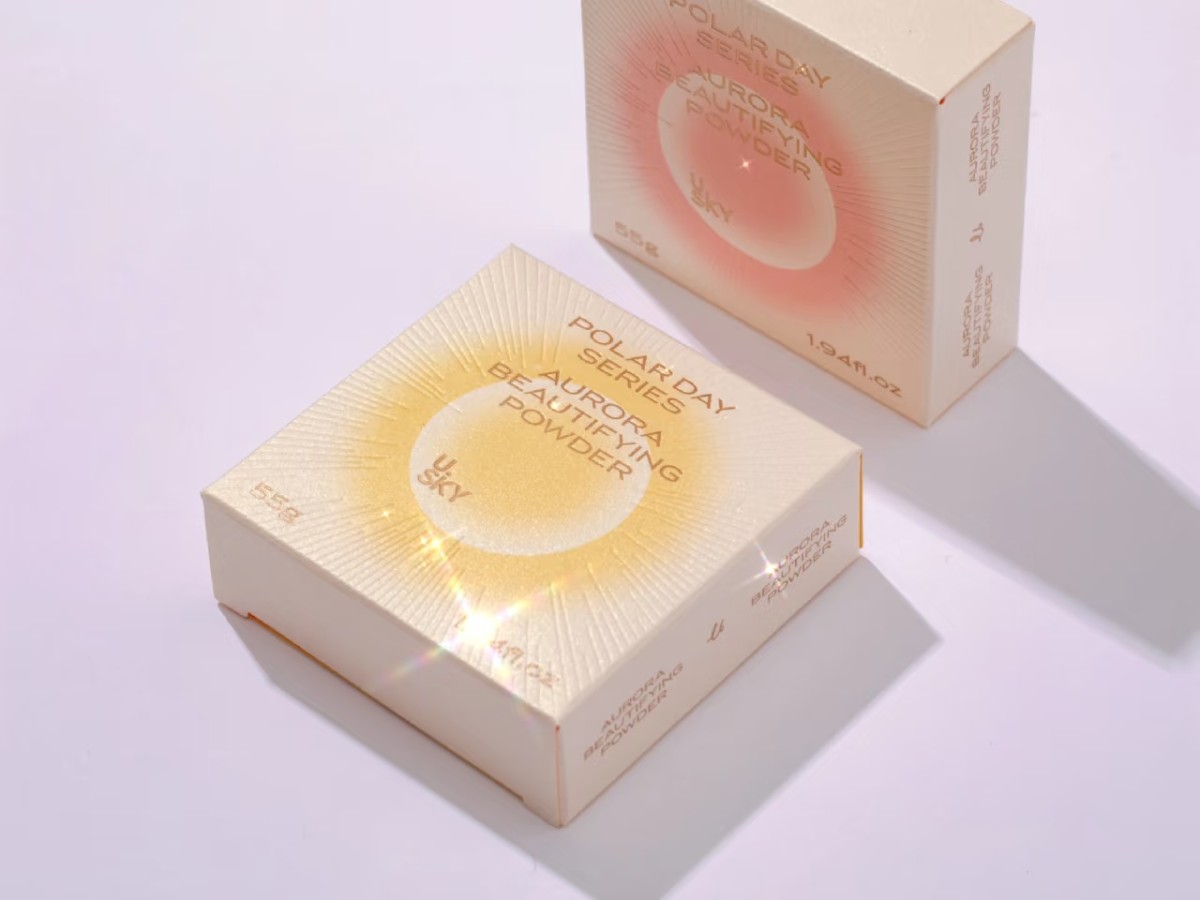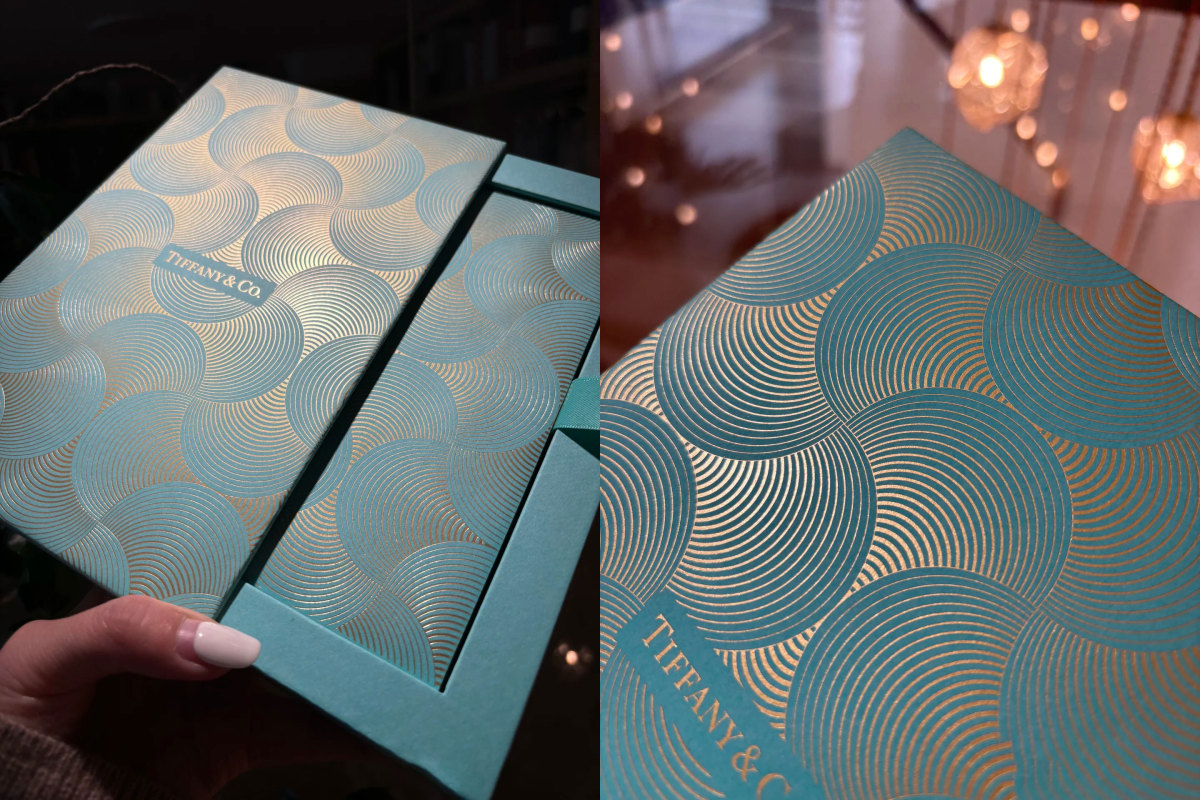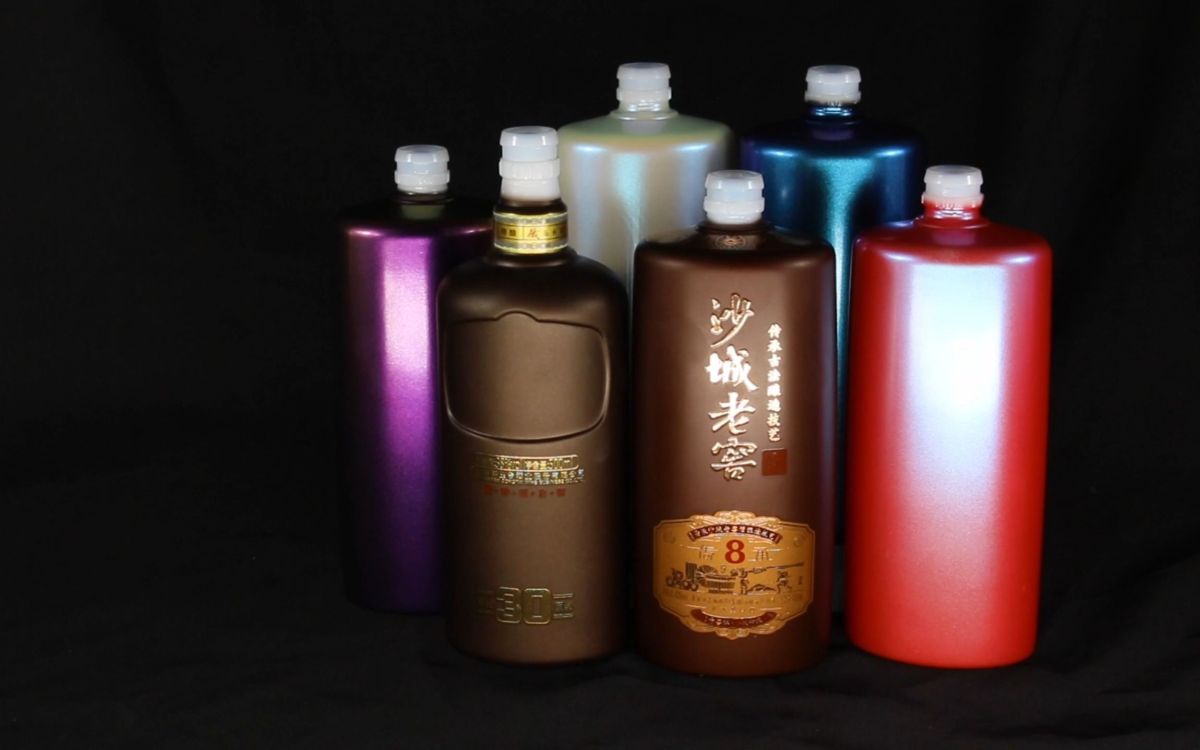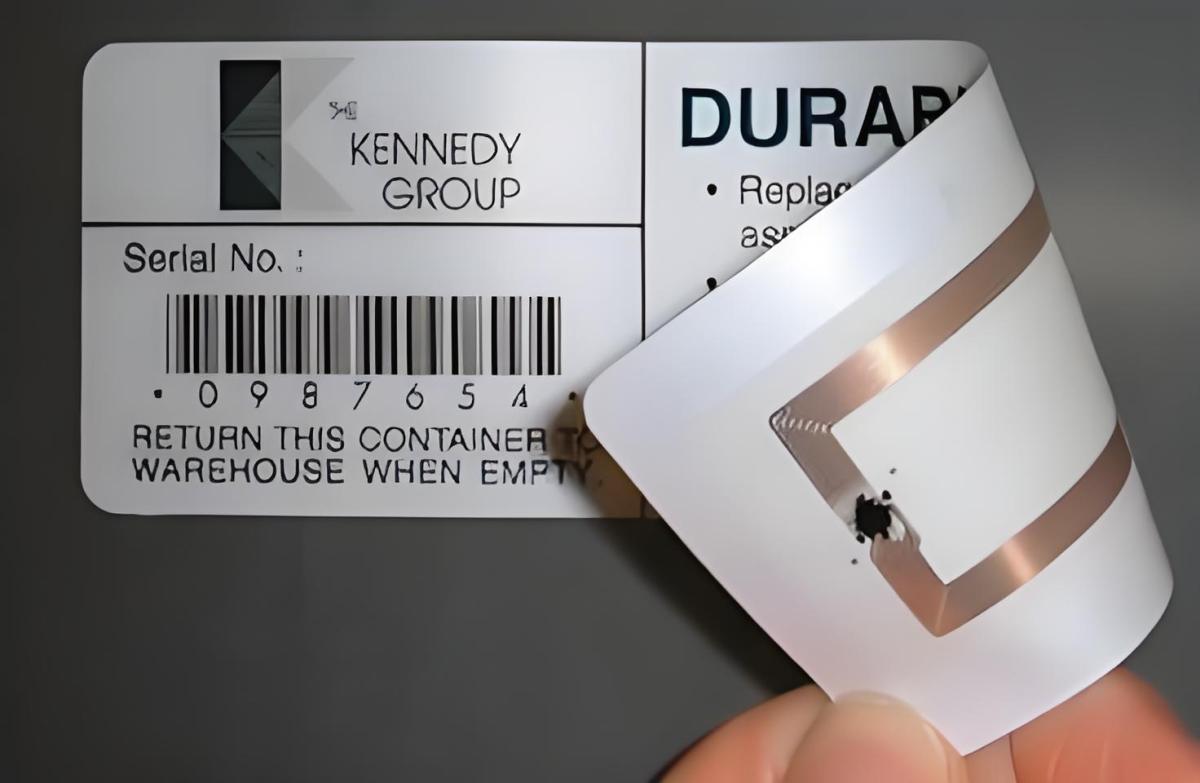In the fiercely competitive consumer market, product packaging and printing are not just protective carriers but also silent "salespeople" for brands. As traditional inks reach their limits in color performance, pearlescent pigments are sparking an aesthetic revolution—from industrial manufacturing to consumer experiences—with their unique optical effects and physical properties. From vibrant food packaging on shelves to high-end printed materials at your fingertips, from dazzling liquor bottles to smart interactive electronic labels, pearlescent pigments are opening new dimensions of value for the ink industry through deep innovation in specialized fields.
Food Packaging Inks: The "Visual Bait" That Awakens Taste Buds
In the "3-second battle" for attention on fast-moving consumer goods (FMCG) shelves, pearlescent pigments have become "sensory triggers" for food packaging by precisely replicating natural luster. For chocolate and candy packaging, amber gold and champagne silver pearlescent particles mimic the smooth sheen of cocoa butter, triggering taste associations through light refraction. Puffed snack packaging leverages high-refractive-index interference pigments to create rainbow-gradient halos at a 45° viewing angle, dynamically capturing the attention of children and young consumers. In the dairy sector, where health is a key selling point, the combination of soft pearl-white pigments and matte inks produces a velvety tactile texture, reinforcing impressions of "purity" and "naturalness." Crucially, these solutions comply with FDA and GB 9685 food-contact material certifications, with migration resistance surpassing 200 friction tests, achieving a perfect balance between aesthetics and safety.

Luxury Printing Inks: "Microscopic Art" on Paper
The dual pursuit of texture and anti-counterfeiting in high-end printing has driven the precision application of pearlescent pigments in luxury goods. In hot stamping, pearlescent layers as thin as 10μm enable ultra-fine 0.3mm line registration, eliminating the ink splattering issues of traditional metallic inks. For embossed printing seeking a 3D tactile effect, multi-layer pearlescent stacking maintains color consistency across 0.2mm relief variations, giving paper an antique bronze-like texture. In anti-counterfeiting, multi-angle color-shifting pigments use precise optical interference design to display three hue variations when tilted from 45° to 145°, with a 99.8% visual recognition rate. Industry data shows that while such luxury packaging solutions increase costs by 8%, they boost premium pricing power by 22%, truly embodying "luxury in the details."

Specialty Inks for Liquor Bottles: A Symbiosis of Light and Material
The unique material demands of liquor packaging have elevated pearlescent pigments from "decorators" to "technical disruptors." For ceramic bottle firing processes, high-temperature-resistant pearlescent systems maintain stable coloration at 850°C, achieving kiln-transformation effects unattainable with traditional glazes. In laser-engraved bottles, precise matching between pearlescent pigments and 20W fiber laser parameters achieves 0.01mm engraving precision for micron-level light-and-shadow detailing. For low-temperature adhesive ice wine labels, specially developed pearlescent inks retain a 3.5N/cm peel strength at -18°C, while micro-porous breathable designs prevent condensation damage. These innovations have helped a leading baijiu brand increase its premium line’s value by ¥65 per bottle while reducing defect rates from 12% to 2.3%.

Smart Label Inks: A Fusion of Functionality and Aesthetics
In the IoT era, pearlescent pigments are transcending traditional decoration to enter functional applications. RFID tags use low-dielectric-constant (under 3) pearlescent fillers to reduce RF signal penetration loss by 40% while maintaining starry gradient effects. Temperature-sensitive warning labels employ encapsulated thermochromic pearlescent microcapsules to trigger color changes at a 32°C threshold, with precision within ±0.5°C. For metal signage, directionally aligned pearlescent layers stabilize surface impedance within 10^6Ω·cm while delivering a silky metallic matte finish. These "invisible technologies" hold 3 national invention patents, redefining smart label value standards.

From Pigments to Value Chain Empowerment
The evolution of pearlescent pigments is, at its core, a deep dialogue between material science and application scenarios. Over 22 years of R&D, we’ve built a comprehensive particle-size database (5μm–150μm) and developed a trinity compatibility system ("pearlescent-resin-additive") to fundamentally resolve issues like delamination and flocculation. More notably, this system forms a closed loop from color design to print parameter optimization and end-use validation—a dairy brand using custom pearlescent yogurt packaging saw a 37% sales boost despite 15% shorter shelf life, while a global cosmetics group increased repeat purchases by 28% with pearlescent anti-counterfeit labels.
Today, consumer demand for "sensory value" has entered the nano-scale era. Pearlescent pigments are no longer confined to merely "making products shine" but are enabling ink manufacturers to build uncopyable technological moats through scenario-specific innovations. Whether it’s the sensory allure of food packaging, the detail supremacy of luxury prints, the craft revolution in liquor labels, or the cross-industry fusion in smart tags, every optical performance of pearlescent pigments is rewriting the industry’s definition of "value."
Pritty Advanced Materials – The Global Leader in Pearlescent Pigment Solutions
✔ 200+ color database | 72-hour rapid prototyping | End-to-end technical support
✔ Serving 300+ global ink manufacturers | ISO/REACH/CPSC certified
Request your 2024 Pearlescent Ink Application Whitepaper today to ignite your light-and-shadow value revolution!
By clicking 'Allow All', you agree to the storage of cookies on your device to enhance site navigation, analyze site usage and assist with our marketing efforts.